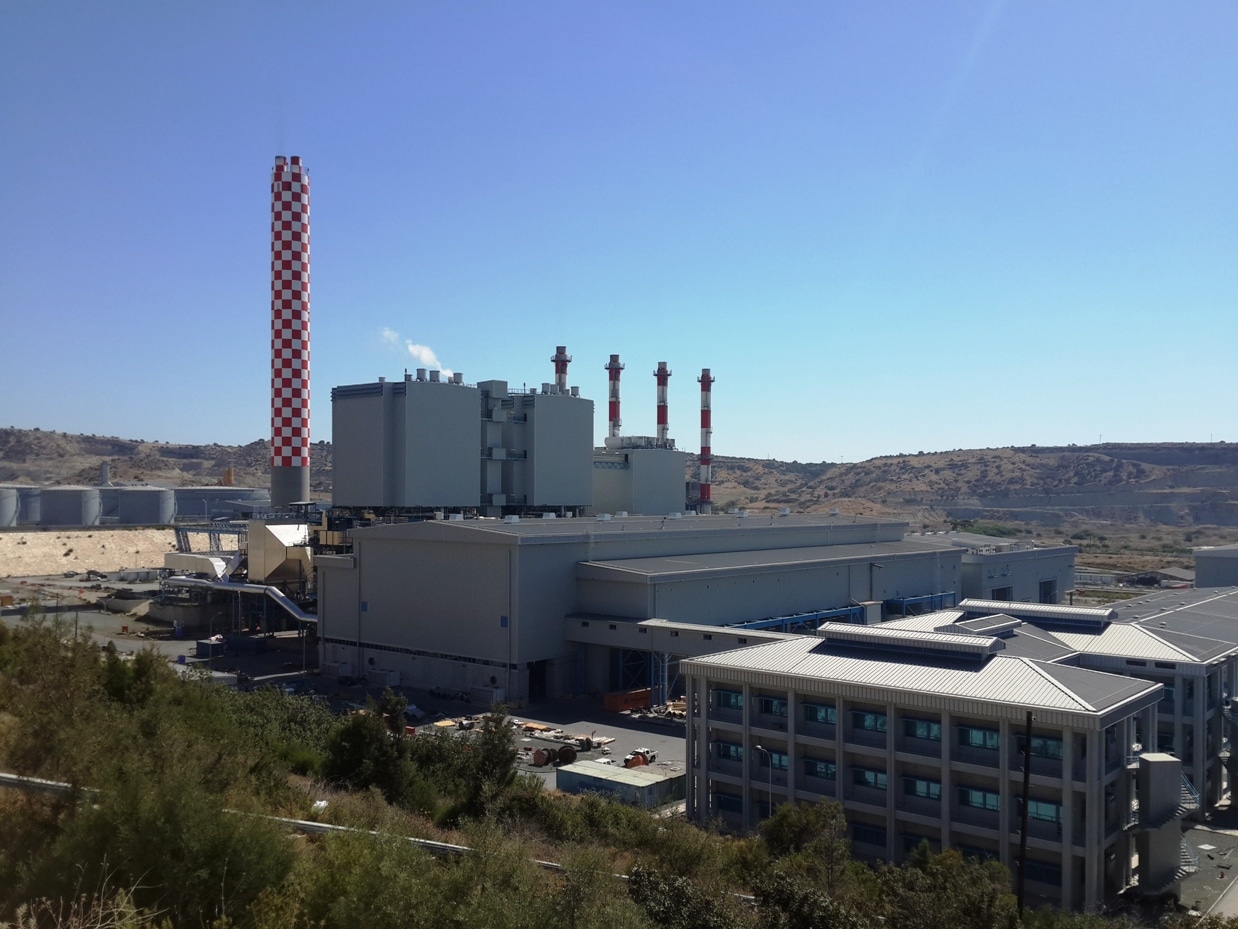An investigation is underway by the audit service after the electricity authority (EAC) complained about its potential competitor Power Energy Cyprus (PEC), it emerged on Friday.
PEC, a €200 million power project launched in 2019, is currently in the process of constructing a 230MW power plant in close proximity to EAC facilities.
The audit service has asked for information from various authorities following charges by EAC that its competitor is putting its own operations at risk and causing environmental damage.
The EAC has claimed that PEC carried out actions and constructions near the Vasiliko power station which “pose very serious risks to [the EAC’s] operation, as well as to the general ecosystem of the area,” Philenews reports.
The audit service has sent official letters to various agencies, including the ministries of energy and defence, the energy regulatory authority (CERA/Raek), the planning and land use departments, and the environment department, asking for their position on the claims.
The audit investigation is at the point of information gathering and that the electricity authority’s claims have yet to be verified or disproved.
PEC for its part stated that all works were carried out legally with all the required permits in place, and accused the EAC of bringing up the claims to sabotage its competition and delay the works.
The electricity authority, meanwhile, has alleged PEC is violating its project terms, having constructed a seawater pumping station on the beach along the southwest border with the existing power station, in an area of land leased exclusively to EAC.
Moreover, EAC has asked for the pump station to be removed under threat of legal action. According to its claims, the required planning permission for the pumping station was not secured, nor for the installation of a seawater inlet pipe and a cooling/brine hot water outlet pipe.
Additionally, the EAC asserts no planning permission has been secured for the installation of a PEC onshore seawater supply pipeline which passes through the naval base and ends at the pumping station.
The semi-state organisation expressed serious concerns that the operating efficiency of all its units will be compromised as a result of seawater, needed by EAC for cooling purposes, rising in temperature, due to the close proximity of the PEC hot water outlet.
Any increase in the temperature of the seawater intake water would cause serious financial losses to the company, to be borne by consumers, the EAC said.
PEC meanwhile maintains that the EAC’s claims are unfounded since only a small amount of water will be pumped by the private company back into the sea, and moreover, it plans to make use of a different upgraded cooling process for its units.
Cyprus Mail has contacted independent expert agencies and is awaiting their comment.







Click here to change your cookie preferences